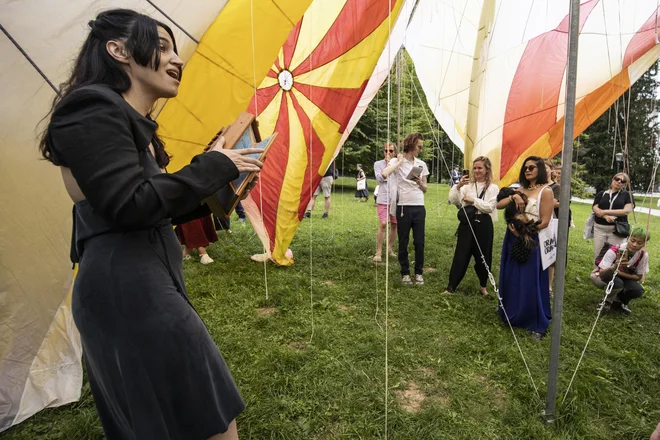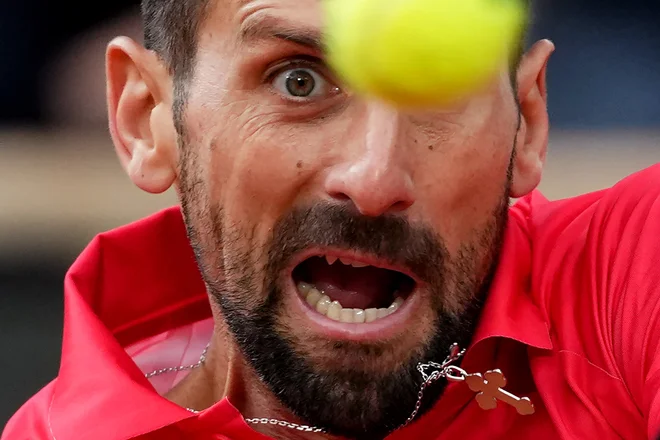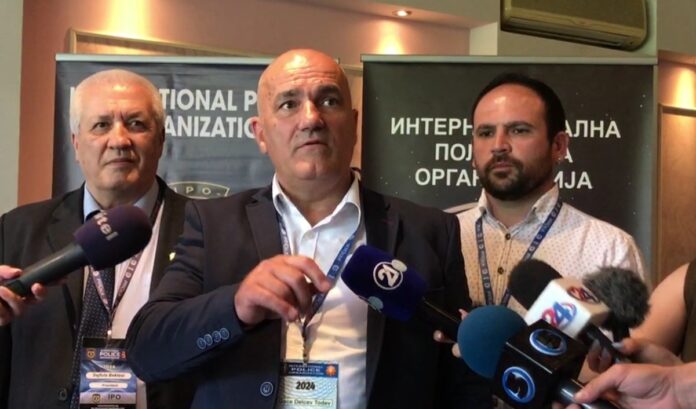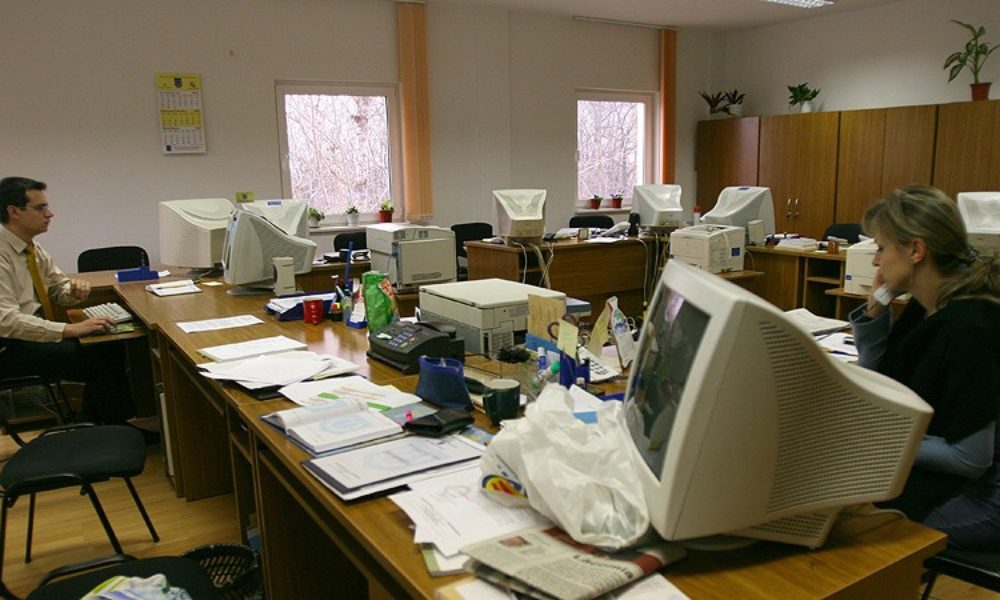Algorithms take a major role in society

Dr. Jure Trilar He is employed in the laboratories for telecommunications and for multimedia at the Department of Information and Communication Technologies, Faculty of Electrical Engineering, University of Ljubljana.
Present us the instrument you most often or prefer to use at work.
As an instrument for measuring in research in my field, we often use standard questionnaires to measure people’s attitude to a particular topic or technical tools for measuring attention (such as eye movement) when using digital solutions. However, the basic tool for the work of most scientists is, of course, a computer. Not only for statistical and other numerical methods for data analysis, but also for creating content and effectively communicating with the team and the wider environment.
How would you explain to the average in a maximum of hundreds of words, what are you exploring?
Digital solutions, algorithms, including machine learning and artificial intelligence, are becoming increasingly important for organizing human social interactions, finding and creating knowledge, and determining the protocols of our participation in public life, how we participate in social and political discourse. And that, a cross between new digital technologies and society and a person’s interaction with a computer is my field of research interest. My work is in the field of applied research, which means that we do not discover new fundamental laws of the world, but think about how to bring these new discoveries into new models, new approaches, make them useful and, last but not least, to improve the quality of life of individuals and communities.
Why do you love science?
Since scientific research is happening in a collaborative environment, where theory and research efforts need to be balanced with experience in practice and to ensure long -term systemic effects with appropriate policies and measures – and that, in broader ecosystems, thus avoiding the esotericism of science, makes it even more interesting.
What good could your work bring to humanity?
That we can use new tools in the right way for new (and old) civilizational problems. The purpose is to increase productivity, to improve user experience, to reduce the risks in systems and to ensure that digital technology remains a strong driver to improve human abilities.
When did you know you would be a researcher?
As a kid, I imagined that when I grow up, I would be a combination of Indiana Jones and an astronaut. However, when I have grown a little and the exploration has become part of my career, I already knew that I wanted to stay along the way, which allows for constant development and a variety of technical and organizational challenges and the joy of studying unexplored.
What interesting in addition to research are you doing?
The role of a scientist today is not only to be a researcher, it is also an educator, a promoter of science, a project manager, an advisor to entrepreneurs, a writer for regulators, an infrastructure administrator and more.
In addition to work matters, I am interested in motorcycling, where safe and entertaining use requires a special level of connection between a fast -moving machine and man.
We also like to create with our family with different materials, with flour, mortar, metal, wood, paper and water – we do everything.
What is a key feature of a good scientist?
Positive, in the sense that you should never say in advance that something is not possible, and a positivist approach that commands a verification of facts with empirical methods.
It is also important to realize that seemingly unsuccessful research that does not produce expected results or useful insights are often a necessary part of the scientific process as they help direct future efforts and prevent them from repeating the same mistakes.
What will be the most groundbreaking discovery or knowledge in science that will change the flow of history during your life?
Artificial intelligence is already changing the economy and the image of society. Over time, even more twisted artificial intelligence would solve more complex problems and help with new discoveries in areas such as quantum computing, genetic engineering, superconductors, renewable and fusion energy.
Would you travel to Mars if you were offered the opportunity?
No, I like to imagine that I am more useful at home – but I would easily suggest anyone else.
Which source of energy would you bet for the future?
In any case, the set of resources used will also be mixed in the future. However, when the technology is more mature – I would bet on the nearest star.
Which scientist would you go for coffee in the history of mankind?
If I could, I would have come to a party for time travelers, organized by astrophysicist Stephen Hawking on June 28. 2009.
Which book, film, lecture, science website do you recommend to the reader?
The last two books I read and have given me to think are Nexus by Yuvala Noah Harari, who shows the history of information networks from the Stone Age to the era of artificial intelligence, and AI atlas author Kate Crawford, who analyzes the concepts of power, political influence and planetary costs of artificial intelligence development.
What we don’t know about your area would surprise us?
I share a set of ambitious research ideas in the field of human and computer interaction.
Computers can read thoughts – well, at least in a way; The experiment showed that the intensive use of artificial intelligence in the analysis of magnetic resonance imaging (FMRI) to reconstruct images from human thoughts. Forget about tracking through web cookies – how to use a computer keyboard and a mouse can be used for your unique identification and even for your sensation. Monitoring attention or moving the eye can reveal more than people are willing to share. In many situations, people trust robots more than other people. Prolonged use of technology, especially virtual reality, can affect reality awareness.




:format(webp)/s3/static.nrc.nl/images/gn4/stripped/data133212425-ae69bf.jpg)


